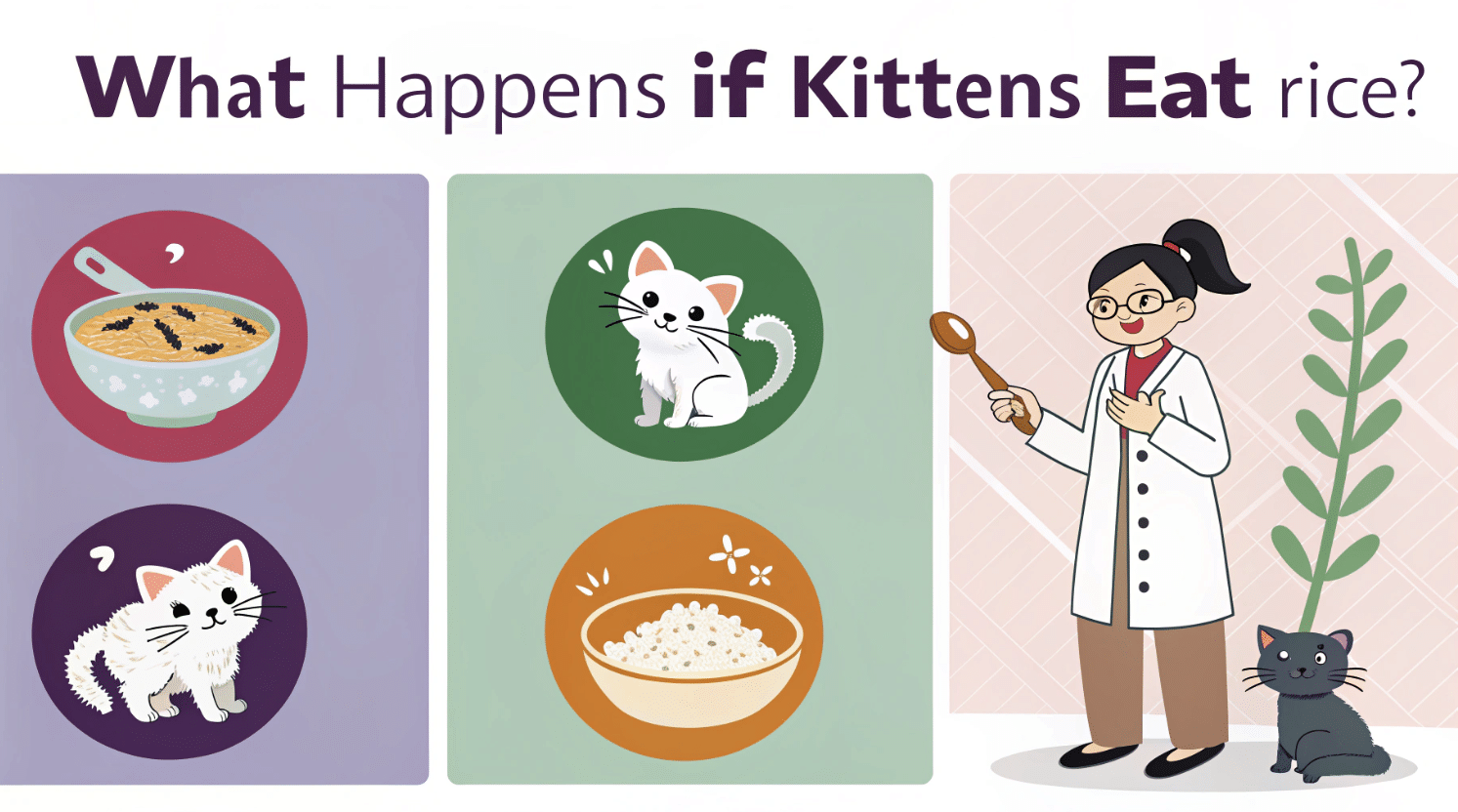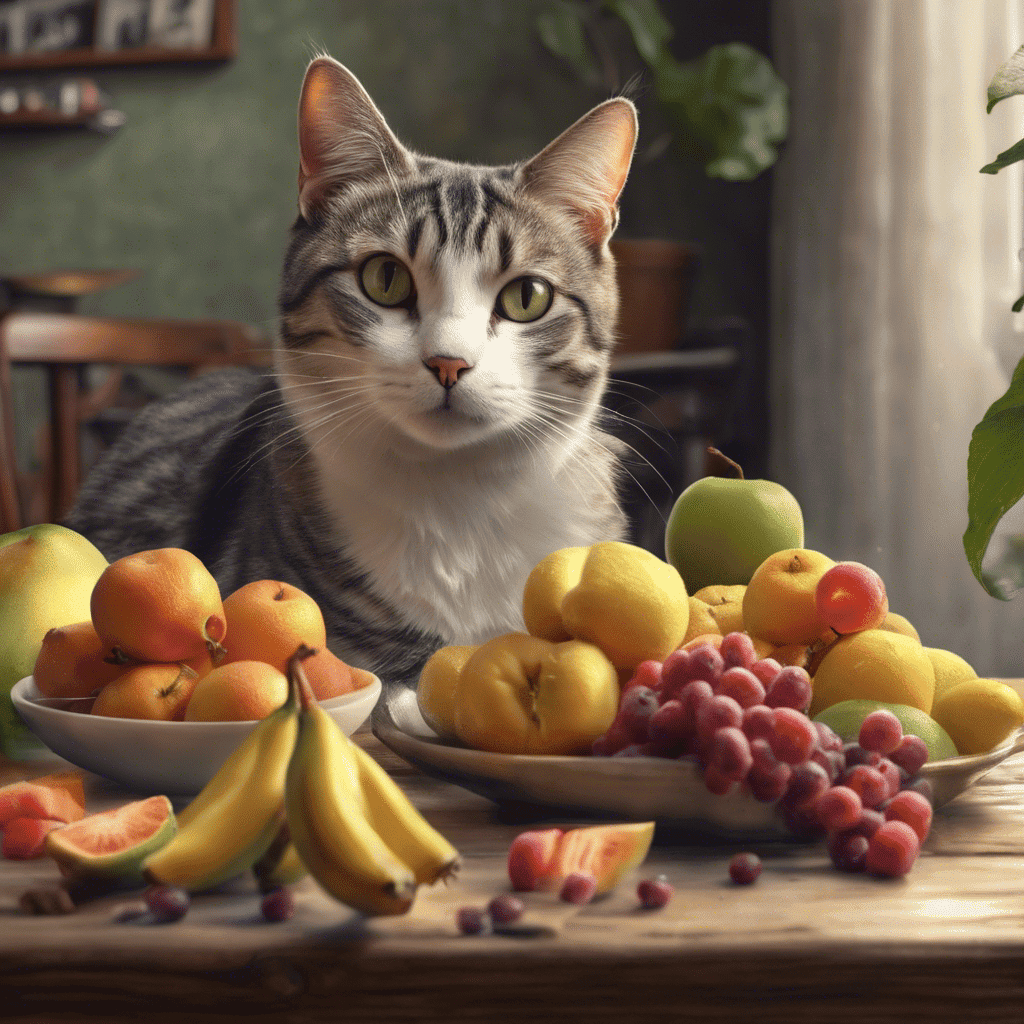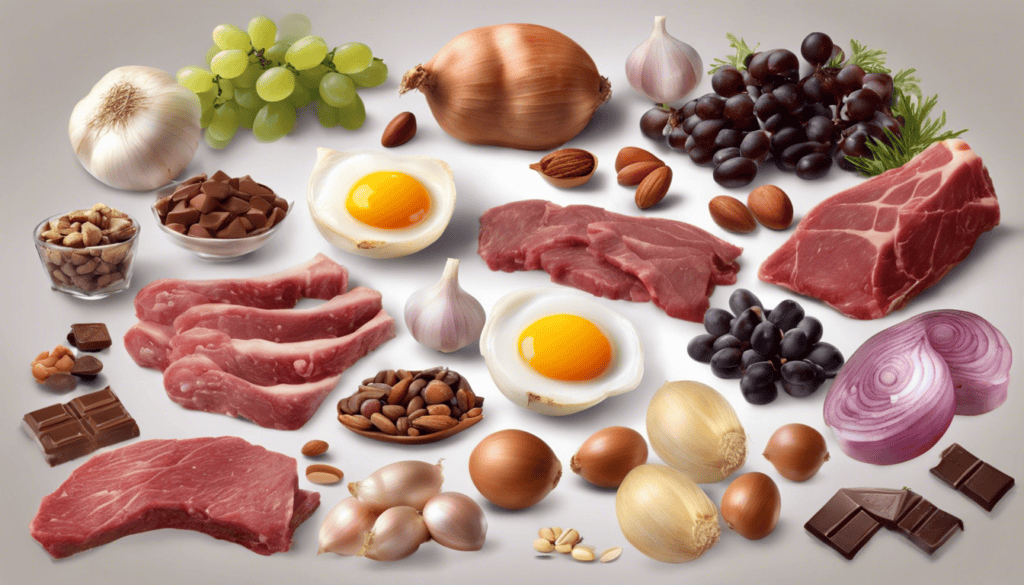
You might wonder, can kitten eat rice? While rice isn’t toxic to kittens, it doesn’t provide the essential nutrients they need for healthy growth. Kittens thrive on a diet rich in proteins and fats, which rice lacks. Feeding rice regularly could lead to stunted growth and developmental issues. Understanding kitten nutrition is crucial for their well-being. A balanced diet ensures they grow into healthy adult cats. So, while a small amount of rice might not harm them, it’s best to focus on more nutritionally appropriate foods.
Can Kittens Eat Rice?
This is a common question among pet owners who want the best for their furry friends. Let’s dig into the details to understand if rice is a suitable addition to your kitten’s diet.
Is Rice Safe for Kittens?
Occasional vs. Regular Feeding
Feeding rice to cats occasionally can be harmless, especially if your kitten has an upset stomach. In such cases, a small amount of cooked rice mixed with their regular food might help. However, regular feeding of rice can lead to nutritional imbalances.
Kittens need a balanced diet to thrive, and rice doesn’t contribute to that balance. So, it’s best to keep rice as an occasional treat rather than a regular meal component.
Nutritional Value of Rice
Carbohydrates and Energy
Rice is primarily composed of carbohydrates, which serve as a primary source of energy. While energy is essential for kittens, they get most of it from proteins and fats. Carbohydrates like those found in rice aren’t a natural part of a kitten’s diet.
Kittens are obligate carnivores, meaning their bodies are designed to digest and utilize nutrients from animal sources.
Lack of Essential Nutrients
Rice lacks the essential nutrients that kittens need. It doesn’t provide the necessary vitamins, minerals, or amino acids required for healthy growth. Feeding rice to cats regularly could lead to malnutrition and stunted growth. According to multiple studies, rice offers no nutritional benefit to cats and should be avoided as a primary food source.
Here’s a quick comparison of the nutritional content of rice versus a typical kitten diet:
|
As you can see, rice falls short in providing the nutrients that kittens need. So, while you might be tempted to share your rice dish with your kitten, it’s better to stick to foods specifically formulated for their dietary needs.
Scientific Facts About Feeding Cats Rice
When you think about your kitten’s diet, you might wonder how their tiny digestive systems handle different foods. Let’s explore how kittens process carbohydrates and compare this to the way adult cats do.
Digestive System of Kittens
How Kittens Process Carbohydrates
Kittens, like all cats, are obligate carnivores. This means their bodies are designed to thrive on a diet rich in animal-based proteins. Their digestive systems aren’t equipped to handle large amounts of carbohydrates. In fact, studies show that cats lack the enzymes necessary for efficient carbohydrate metabolism.
When kittens consume carbohydrates, such as those found in rice, their bodies struggle to break them down and utilize them effectively. This can lead to digestive discomfort and nutritional imbalances.
Comparison with Adult Cats
You might think that as kittens grow into adult cats, their ability to process carbohydrates improves. However, this isn’t the case. Adult cats also have a limited capacity to digest carbohydrates. Both kittens and adult cats naturally prefer diets low in carbohydrates and high in protein and fat. This preference aligns with their evolutionary diet, which consists mainly of prey animals.
So, whether you’re considering feeding cats rice or any other carbohydrate-rich food, it’s important to remember that their digestive systems aren’t built for it.
Studies on Rice and Feline Diets
Relevant Research Findings
Research consistently highlights the dietary needs of cats and kittens. A study published in Veterinary Practice News found that cats are adapted to low-carb diets and naturally choose foods higher in protein and fat. Another study from Chewy emphasized that cats have no real need for carbohydrates, as their wild diet contains minimal carbs.
These findings suggest that feeding cats rice, which is high in carbohydrates, doesn’t align with their natural dietary preferences.
Expert Opinions
Experts agree that while plain rice isn’t toxic to cats, it doesn’t offer any nutritional benefits. Veterinarians often recommend rice only in specific situations, such as when a cat has an upset stomach. Even then, it should be mixed with other foods to ensure a balanced intake of nutrients. The hazards of feeding rice to cats regularly include potential nutritional deficiencies and digestive issues.
It’s crucial to focus on providing a diet that meets all of your kitten’s nutritional needs.
Here’s a quick look at how rice compares to a typical kitten diet:
|
Nutrient |
Rice (per 100g) |
Kitten Diet (per 100g) |
|---|---|---|
|
Protein |
2.7g |
30-40g |
|
Fat |
0.3g |
15-20g |
|
Carbohydrates |
28g |
5-10g |
|
Essential Vitamins |
Minimal |
High |
As you can see, rice falls short in providing the nutrients that kittens need. So, while you might be tempted to share your rice dish with your kitten, it’s better to stick to foods specifically formulated for their dietary needs.
Health Concerns of Feeding Cats Rice
Feeding your kitten rice might seem harmless, but it can lead to several health concerns. Understanding these potential issues helps you make informed decisions about your pet’s diet.
Potential Allergies
Kittens, like humans, can develop food allergies. Rice, although not a common allergen, can still trigger reactions in some cats.
Symptoms to Watch For
If your kitten has a rice allergy, you might notice symptoms such as:
-
Skin Irritation: Redness, itching, or rashes.
-
Gastrointestinal Issues: Vomiting or diarrhea.
-
Respiratory Problems: Sneezing or coughing.
These symptoms indicate that your kitten’s body is reacting negatively to rice. Monitoring your pet closely after introducing new foods is crucial.
Steps to Take if an Allergic Reaction Occurs
If you suspect an allergic reaction, take immediate action:
-
Stop Feeding Rice: Remove rice from your kitten’s diet.
-
Consult a Veterinarian: Seek professional advice to confirm the allergy.
-
Monitor Symptoms: Keep an eye on your kitten’s condition and note any changes.
-
Consider Allergy Testing: Your vet might recommend tests to identify specific allergens.
Addressing allergies promptly ensures your kitten’s comfort and health.
Gastrointestinal Problems
Rice can also cause gastrointestinal issues in kittens, especially if their digestive systems aren’t accustomed to it.
Constipation and Diarrhea
Kittens may experience constipation or diarrhea after eating rice. These conditions arise because rice lacks the necessary fiber and nutrients for a kitten’s digestive health. If your kitten shows signs of digestive distress, it’s essential to adjust their diet accordingly.
Long-term Health Effects
Consistently feeding your kitten rice can lead to long-term health problems. Over time, a diet lacking in essential nutrients can result in:
-
Nutritional Deficiencies: Missing out on vital vitamins and minerals.
-
Stunted Growth: Inadequate nutrition can significantly impact development.
-
Weight Gain: Excessive carbohydrates can lead to obesity.
Here’s a quick comparison of potential health effects from feeding rice versus a balanced kitten diet:
|
Health Aspect |
Rice Diet Impact |
Balanced Diet Impact |
|---|---|---|
|
Nutritional Deficiency |
High Risk |
Low Risk |
|
Growth and Development |
Stunted |
Optimal |
|
Digestive Health |
Constipation/Diarrhea |
Regular |
|
Weight Management |
Prone to Obesity |
Healthy Weight |
Ensuring your kitten receives a balanced diet rich in proteins and fats is key to their overall well-being. Prioritizing their nutritional needs helps them grow into healthy adult cats.
Alternative Food Choices for Kittens
When it comes to feeding your kitten, you might wonder what alternatives exist beyond traditional cat food. Ensuring your kitten receives a balanced diet is crucial for their growth and development. Let’s look into some options that can provide your furry friend with the necessary nutrients.
Kitten-Specific Diets
Commercial Kitten Foods
Commercial kitten foods are specifically formulated to meet the nutritional needs of growing cats. Brands like Hill’s, Purina, and Royal Canin offer complete and balanced options that cater to kittens’ dietary requirements. These products often contain high levels of protein and essential vitamins, ensuring your kitten receives everything it needs to thrive.
For those on a budget, Iams and Natural Balance provide affordable wet food options without compromising on quality.
Homemade Diets
If you prefer a more hands-on approach, homemade diets can be a great alternative. You can create meals using fresh ingredients like chicken, fish, and eggs. For instance, a recipe might include cooked chicken mixed with a small amount of rice and vegetables. However, it’s important to ensure these meals are nutritionally balanced.
Consulting with a veterinarian can help tailor a homemade diet to your kitten’s specific needs, ensuring they receive all the necessary nutrients.
Safe Human Foods for Kittens
Protein Sources
Kittens require a diet rich in protein to support their rapid growth and development. Safe human foods, such as cooked chicken, turkey, and fish, can be excellent sources of protein. Products such as Grain-Free Chicken & Whitefish Clusters offer a combination of chicken, whitefish, and other nutritious ingredients, including flaxseed and blueberries. These options provide a tasty and healthy treat for your kitten.
Vegetables and Fruits
While kittens are primarily carnivorous, small amounts of certain vegetables and fruits can be beneficial to their health. Pumpkin, for example, is an excellent source of fiber and can aid in digestion. Blueberries and cranberries offer antioxidants that support overall health. When introducing these foods, ensure they are cooked and served in moderation to avoid any digestive issues.
Here’s a quick comparison of some alternative food choices for kittens:
|
Food Type |
Nutritional Benefit |
Example Products/Ingredients |
|---|---|---|
|
Commercial Kitten Foods |
Complete nutrition |
Hill’s, Purina, Royal Canin |
|
Homemade Diets |
Customizable nutrition |
Cooked chicken, fish, eggs |
|
Protein Sources |
High protein content |
Grain Free Chicken & Whitefish Clusters |
|
Vegetables and Fruits |
Fiber and antioxidants |
Pumpkin, blueberries, cranberries |
Exploring these alternative food choices can enrich your kitten’s diet and ensure they receive the necessary nutrients. Remember, while feeding your cat rice might seem like a simple option, it’s essential to prioritize foods that support their growth and health.
Verdict – Is Feeding Cats Rice Recommended?
You may wonder if feeding your kitten rice is a good idea. Let’s break it down and examine what the experts have to say about this common question.
Summary of Key Points
Safety and Nutritional Considerations
Rice isn’t toxic to cats, so you can breathe a sigh of relief there. However, it doesn’t pack the nutritional punch that kittens need. Kittens thrive on diets rich in proteins and fats, which rice lacks. Feeding rice in small amounts can be safe, especially if your kitten has an upset stomach. In such cases, mixing rice with lean meats like chicken or fish can help soothe their tummy temporarily.
However, remember that rice should not replace their regular, nutritionally balanced cat food.
Final Recommendations
So, what’s the final word? Rice can be a part of your kitten’s diet, but only occasionally and in moderation. It’s best used as a temporary solution for specific dietary needs, like an upset stomach. For everyday meals, stick to high-quality kitten food that meets all their nutritional requirements.
This approach ensures your kitten grows healthy and strong.
Feeding your kitten rice might seem harmless, but it’s crucial to remember the importance of a balanced diet. Kittens need high-protein, low-carbohydrate foods to grow healthy and strong. Rice lacks essential nutrients and should be consumed only occasionally as a treat. Always consult your veterinarian for personalized advice. They can guide you in making informed dietary choices that suit your kitten’s unique needs.
Remember, providing a varied diet with different textures and proteins ensures your kitten thrives. You’re doing great by seeking the best for your furry friend!
Keep up the good work.

In her previous life, Lisa traveled extensively, both for work and leisure. After the pandemic struck, Lisa locked up her luggage and adopted a cat ever since.
Lisa is now an avid cat lover, she devotes most of her free time serving as butler to her adorable feline at home. When she is not with her cat, she can be seen using her phone sourcing for the latest cat supplies online.


